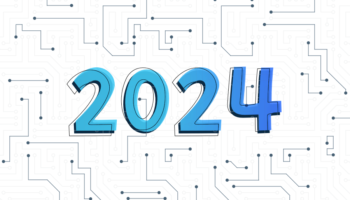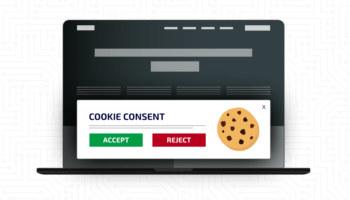The web dev world is a whirlwind of shiny new frameworks and buzzwords. It’s easy to get caught up in the hype, chasing the latest tech like a squirrel after a particularly tempting acorn. But sometimes, the best technology is the kind that doesn’t make headlines – the tried-and-true, rock-solid tools that quietly power millions of websites every day.
Why Embrace the Boring?
There’s a reason these technologies have stuck around for so long. They’re the workhorses of the web, offering a unique blend of:
- Widespread adoption: More developers know them, making finding help and support a breeze.
- Battle-tested maturity: Years of refinement have ironed out the kinks, leaving you with stable, reliable tools.
- Steady, predictable evolution: Unlike the roller coaster ride of cutting-edge tech, these tools change gradually, making your code future-proof.
- A vibrant community: You’re not alone! These technologies boast active communities overflowing with documentation, resources, and helping hands.
What Counts as boring?
Determining what qualifies as boring isn’t straightforward. It’s important to distinguish between “boring” and “bad.” Some technology falls into both categories and should be avoided. However, there’s a range of tech that might be considered boring yet quite effective. Think of MySQL, Postgres, PHP, Python, Ruby on Rails, Memcached, and Cron—they’re all classified as boring, yet reliable and functional choices.
Real-World Heroes:
Don’t just take our word for it. These “boring” technologies power some of the biggest names on the web:
- Netflix: Their recommendation engine hums thanks to Python’s data science prowess.
- Facebook: PHP handles the vast social network’s complex interactions.
- WordPress: Millions of websites rely on its stable and user-friendly platform, built on PHP and MySQL.
Choosing the Right Boring:
So, how do you pick the perfect “boring” tech for your project? Consider these factors:
- Project needs: What features and functionality are essential? Do you need raw performance or user-friendliness?
- Budget: Some newer tools come with a steeper learning curve and development costs.
- Team skills: Choose technologies your developers are comfortable with, or factor in training time.
- Future-proofing: Consider technologies that are likely to stay relevant, avoiding dead ends.
Remember: The best technology is the one that solves your problem efficiently and reliably. Don’t shy away from “boring” – it might just be the secret ingredient to a successful and sustainable project.





